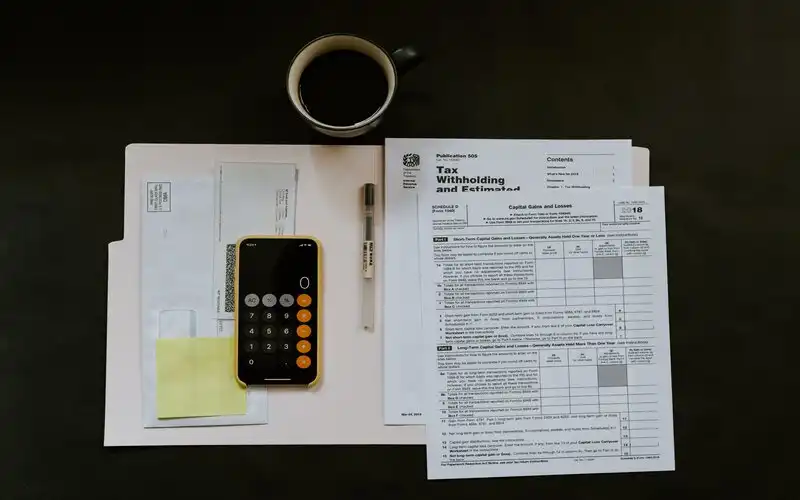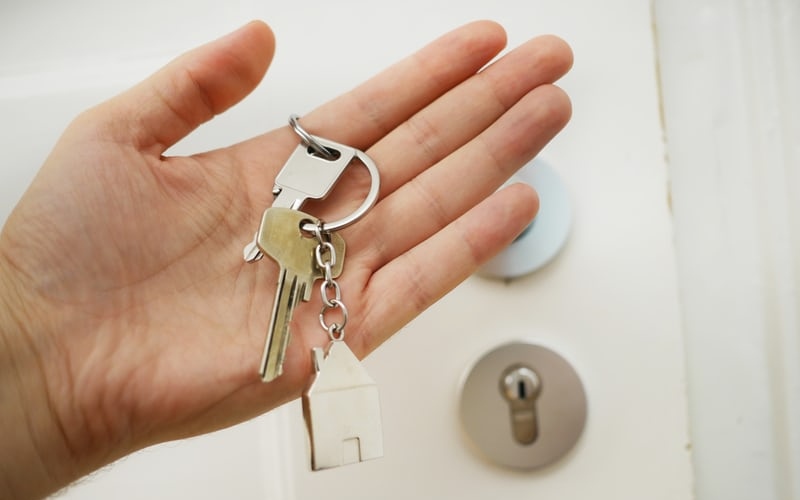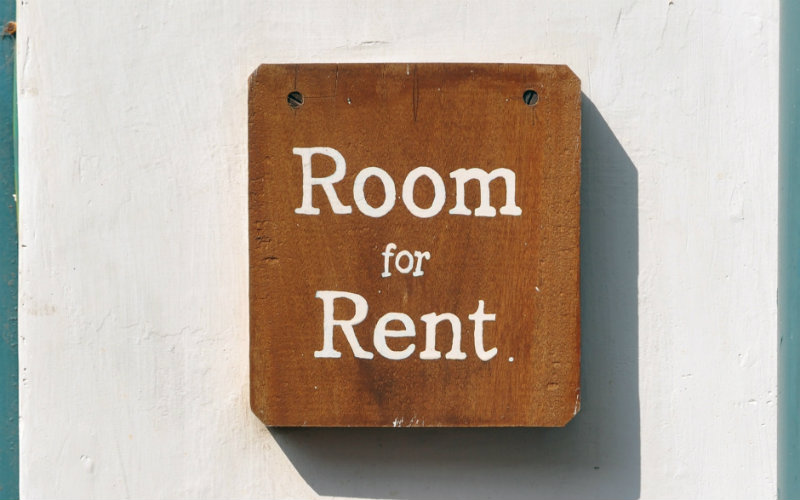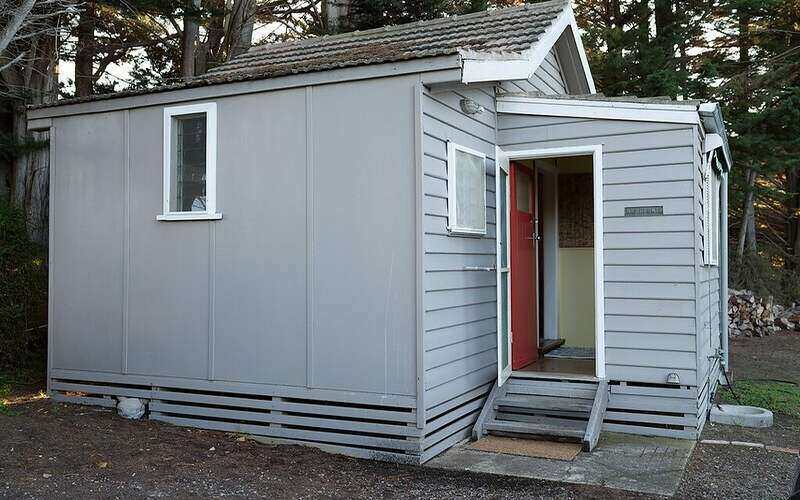In 2019/2020, the most recent full figures, Australians paid $446.4 billion in tax.
This is 93% of the $479.8 billion the ATO says it would have received if everyone complied fully with tax regulations.
Of this $33.4 billion missing, just over $9b is from individuals rather than corporations.
The ATO says this reflects a system that is working well - the Internal Revenue Service say taxpayers in the United States typically pay around 85% of what they owe, for reference.
It remains a gap to be bridged though, and the tax office typically will identify specific areas where taxpayers, deliberately or not, are making errors.
Mark Chapman, Director of Tax Communications at H&R Block, thinks there will be two main targets when tax time rolls around this year.
He expects the ATO to crack down on excessive claims for work related expenses, as well as deductions made by investment property owners.
Work claims
It's one of the defining principles of income tax: many expenses you incur in the process of generating the income can be deducted from your taxable income.
The ATO though seems to have a stricter definition of the boundaries of this than Australian taxpayers.
"The ATO believes that work-related expenses claims are the biggest element in [the tax gap] and have signalled that they'll be looking closely at these deductions this year," Mr Chapman said.
He says the top tip from H&R Block was for taxpayers to familiarise themselves completely with what can and can't be claimed, and to ensure they have all the necessary proof.
He gave several examples he thinks will be looked at particularly closely.
Working from home deductions
Effective 1 July 2022, the ATO announced a revised fixed claim rate of 67 cents per hour worked from home.
This is supposed to cover additional running expenses for things like internet, electricity, phone plans or stationery.
Separate deductions can be made for other purchases like desk chairs, computers or bookshelves, immediately if the price is below $300, or as depreciation over time if it costs more.
The crucial point though is that you need to demonstrate to the ATO that you only incurred these expenses because you are working from home.
To claim using the fixed rate, you need to provide a record of all the hours worked from home for the entire year, as well as receipts or invoices to show you paid for the expenses covered by the fixed rate method.
Separate records for claims not covered by the fixed rate are also necessary.
Mr Chapman expects many WFH claims done this way to be insufficient.
"[The new fixed rate rules] will see many taxpayers caught out for failing to have proper substantiation to back up their claim."
The rule that purchases of less than $300 can be claimed without receipts could also come under scrutiny.
"The ATO believes that some taxpayers are claiming this, or an amount just less than $300, without actually incurring the expenses at all."
Mobile phone and internet costs
Mr Chapman says the ATO will be arrowing in on people who are claiming a substantial amount, or all, of their personal phone or internet plan as work related.
Deductions for purchases like this can only be made for the portion of the time that it is actually used for business.
If you're using your phone for work 50% of the time for example, while for the other half it's your personal mobile, you can only claim 50% of the expenses.
Since phone and internet use is covered by the fixed work from home rate, Mr Chapman says that the ATO will be on the lookout for "double dipping".
Vehicle use claims
For sole traders who use a vehicle for business use, there is currently a flat rate of 78 cents per kilometre that can be claimed, available for journeys up to 5,000 kms.
This is another thing Mr Chapman says the ATO is suspicious of.
"[The ATO is] concerned that too many taxpayers are automatically claiming the 5,000km limit regardless of the actual amount of travel," he said.
Investment property claims
The other main focus Mr Chapman expects this July is on deduction claims related to investment properties.
"The ATO recently announced that in a series of audits, they found errors in 90% of returns reviewed," Mr Chapman said.
"They also announced a new data-matching protocol with 17 of the largest mortgage lenders under which the lenders will supply a whole raft of financial information on taxpayers which the ATO can then use to cross-check with information provided on individual tax returns."
This likely will mean inaccurate claims in the following categories will be picked up more frequently.
Excessive interest expense claims
Interest can be claimed as a tax deduction on investment properties, because it is spent in the pursuit of generating rental income.
However, any property owner who tries to claim interest costs on the home they live in as well as their rental property is in violation.
Picture by Kelly Sikkema on Unsplash

Ready, Set, Buy!
Learn everything you need to know about buying property – from choosing the right property and home loan, to the purchasing process, tips to save money and more!
With bonus Q&A sheet and Crossword!



 Aaron Bell
Aaron Bell
 William Jolly
William Jolly













